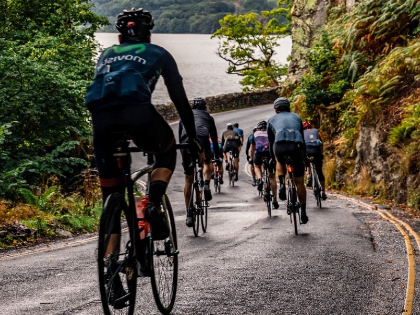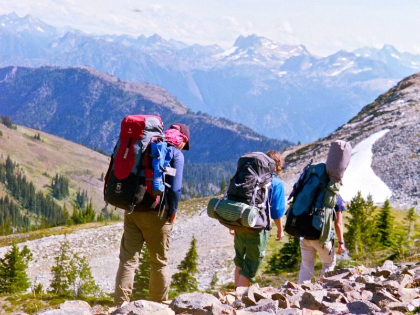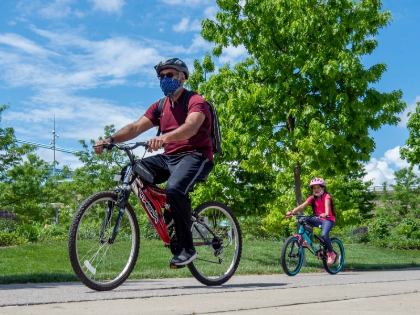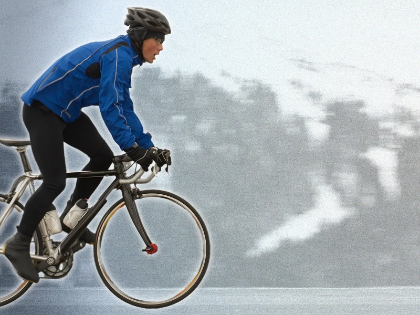How Mountaineering Can Help You
Enhancing your physical well-being can be achieved through mountaineering. It incorporates workouts for strength, flexibility, endurance, and balance. Additionally, it lowers the chance of developing chronic illnesses like obesity, heart disease, and type II diabetes. It can teach you how to enjoy other people's company and function as a team. It might also give you a fresh perspective on the world.
Fortitude
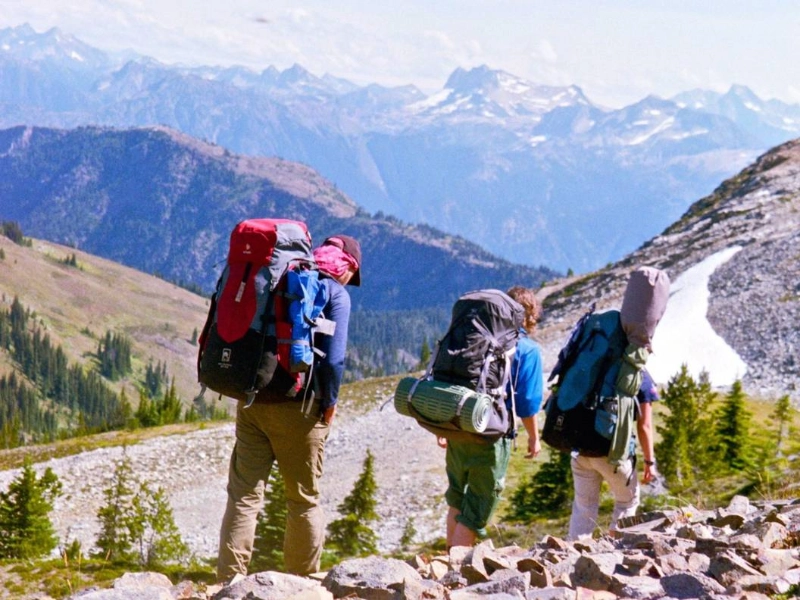 A physically demanding exercise is mountaineering. It can be really tiring to climb uphill, particularly if you're carrying a big rucksack full of supplies. For this reason, it's critical to train in advance. It's important to combine endurance training with cardio workouts, such as running, but you should also prioritize strength training. For instance, you can increase your power by working out with plyometric exercises like box jumps.
A good mountaineering guide or course can teach you the skills you need to climb safely. It's critical to build your first aid and wilderness navigation skills, as well as your ability to interpret the landscape. You should work on your communication abilities as well. You may make potentially harmful blunders if you have difficulty speaking clearly or if your hands shake.
The satisfaction of reaching the top of a mountain comes from practice and hard work. You may acquire the self-assurance and self-worth that come with reaching new heights if you are prepared to invest the necessary time and energy.
A physically demanding exercise is mountaineering. It can be really tiring to climb uphill, particularly if you're carrying a big rucksack full of supplies. For this reason, it's critical to train in advance. It's important to combine endurance training with cardio workouts, such as running, but you should also prioritize strength training. For instance, you can increase your power by working out with plyometric exercises like box jumps.
A good mountaineering guide or course can teach you the skills you need to climb safely. It's critical to build your first aid and wilderness navigation skills, as well as your ability to interpret the landscape. You should work on your communication abilities as well. You may make potentially harmful blunders if you have difficulty speaking clearly or if your hands shake.
The satisfaction of reaching the top of a mountain comes from practice and hard work. You may acquire the self-assurance and self-worth that come with reaching new heights if you are prepared to invest the necessary time and energy.
Tenacity
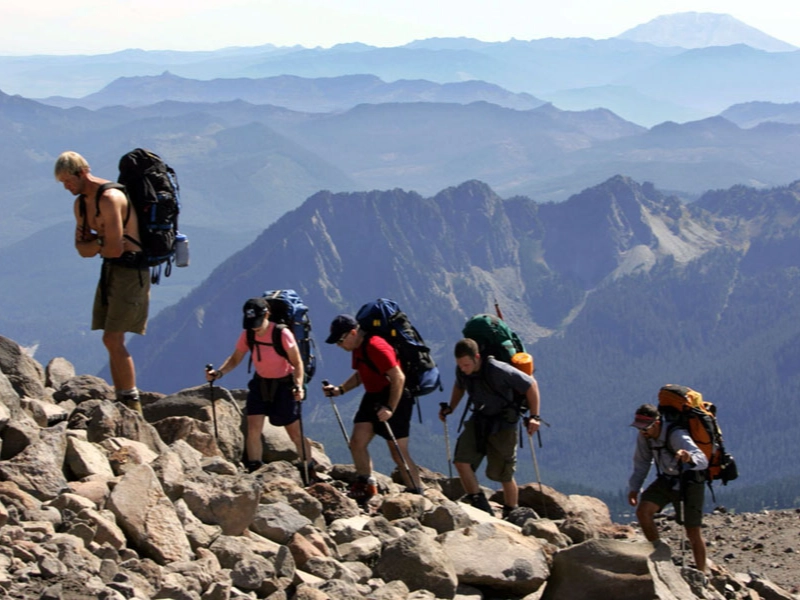 Climbing mountains requires a lot of endurance. Climbers frequently have to hike uphill for 12–14 hours every day while carrying bulky backpacks. This exercise can wear out important muscle groups and put your heart through more strain than a marathon. Running, riding, and swimming are examples of aerobic workouts that should be combined with strength training and task-specific preparations in order to prepare for mountaineering.
As part of these preparations, you might practice certain movements like climbing and descending steep terrain, creating trails, navigating through obstacles, or practicing self-assault on snow and ice. To do this, hold your ice axe so that the pick grabs onto hard surfaces and stops you from falling in the event that you slip. You can practice this important ability by holding onto a sturdy object, such as the bottom step of a flight of steps.
Mountaineering enhances lung capacity and upper body strength, particularly in the hands and shoulders, in addition to endurance. By artery-clogging plaque that obstructs blood flow to the heart, this activity also reduces the risk of heart disease.
Climbing mountains requires a lot of endurance. Climbers frequently have to hike uphill for 12–14 hours every day while carrying bulky backpacks. This exercise can wear out important muscle groups and put your heart through more strain than a marathon. Running, riding, and swimming are examples of aerobic workouts that should be combined with strength training and task-specific preparations in order to prepare for mountaineering.
As part of these preparations, you might practice certain movements like climbing and descending steep terrain, creating trails, navigating through obstacles, or practicing self-assault on snow and ice. To do this, hold your ice axe so that the pick grabs onto hard surfaces and stops you from falling in the event that you slip. You can practice this important ability by holding onto a sturdy object, such as the bottom step of a flight of steps.
Mountaineering enhances lung capacity and upper body strength, particularly in the hands and shoulders, in addition to endurance. By artery-clogging plaque that obstructs blood flow to the heart, this activity also reduces the risk of heart disease.
Mental Wellness
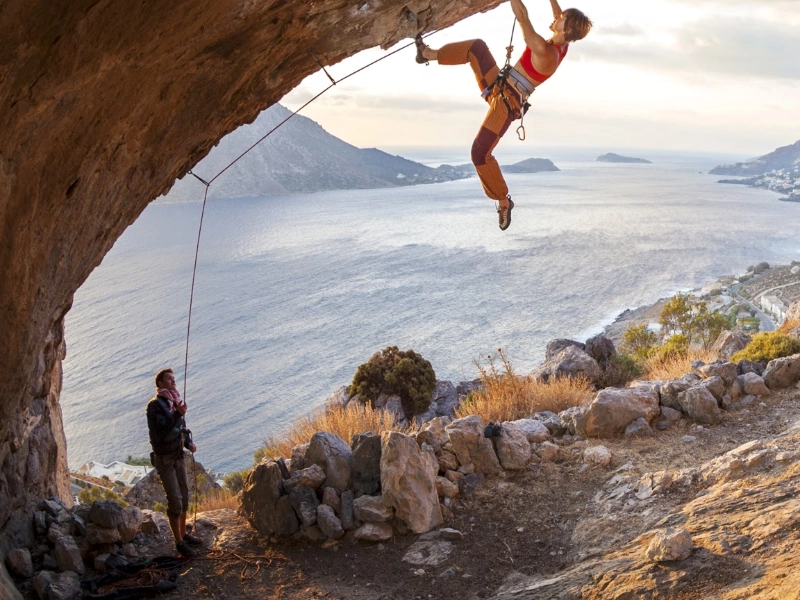 Mountaineering improves your mental health in addition to your physical wellness. It fosters self-assurance and teaches you how to persevere in the face of adversity. This kind of thinking carries over nicely into other facets of your life, such as your relationships and career.
It also takes a great deal of focus to climb. To prevent getting lost or sliding off, as you progress up the wall, you must mentally map out and carefully plan your route. With practice, this mental acuity increases and can support you in maintaining attention in other areas of your life as well as at work.
Cardiovascular activity of any form, including mountain climbing, is very beneficial to heart health. Your blood pressure drops and your body's oxygen flow is increased, which makes it possible for your muscles to function more effectively. It is also an excellent way to decompress. The positive attitude and stronger muscles that come with mountaineering can improve your ability to overcome other challenging circumstances in life.
Mountaineering improves your mental health in addition to your physical wellness. It fosters self-assurance and teaches you how to persevere in the face of adversity. This kind of thinking carries over nicely into other facets of your life, such as your relationships and career.
It also takes a great deal of focus to climb. To prevent getting lost or sliding off, as you progress up the wall, you must mentally map out and carefully plan your route. With practice, this mental acuity increases and can support you in maintaining attention in other areas of your life as well as at work.
Cardiovascular activity of any form, including mountain climbing, is very beneficial to heart health. Your blood pressure drops and your body's oxygen flow is increased, which makes it possible for your muscles to function more effectively. It is also an excellent way to decompress. The positive attitude and stronger muscles that come with mountaineering can improve your ability to overcome other challenging circumstances in life.
Orientation
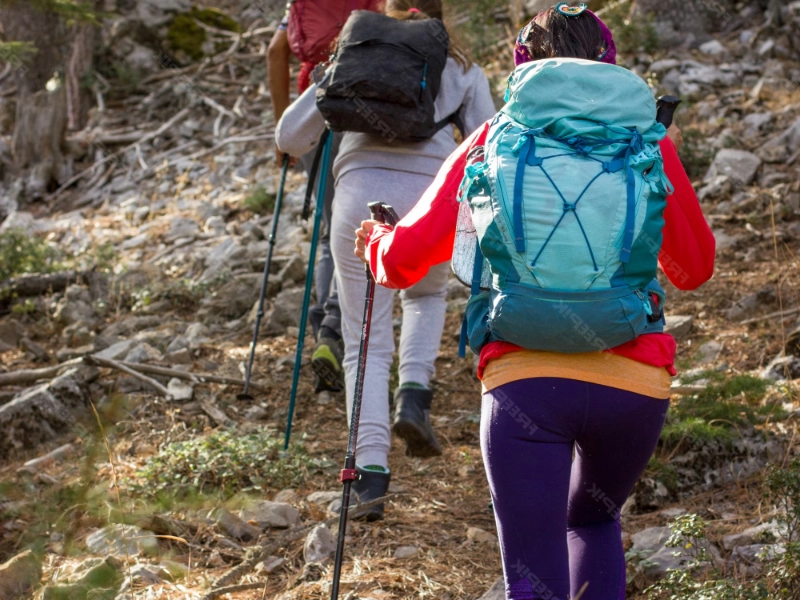 Strength training and aerobic activity are combined in mountain climbing. This kind of exercise raises your resting metabolic rate, lowers blood pressure, and strengthens your heart. Furthermore, the exercise aids in weight loss. It is also good for the brain because it improves mental clarity and increases vigilance and attentiveness. Additionally, it increases the growth of new hippocampal neurons, which enhances cognitive and learning capacities.
It's a fantastic way to meet new people, too. Together with other climbers, you will likely share a common experience and even become close friends. You will also be able to enjoy the world's inherent beauty and view it from a fresh angle.
To succeed in the physically hard sport of climbing, one must possess both mental and emotional fortitude. But if you are prepared to put in the time and effort, you will benefit from a lifetime interest that can improve both your physical and emotional well-being.
Strength training and aerobic activity are combined in mountain climbing. This kind of exercise raises your resting metabolic rate, lowers blood pressure, and strengthens your heart. Furthermore, the exercise aids in weight loss. It is also good for the brain because it improves mental clarity and increases vigilance and attentiveness. Additionally, it increases the growth of new hippocampal neurons, which enhances cognitive and learning capacities.
It's a fantastic way to meet new people, too. Together with other climbers, you will likely share a common experience and even become close friends. You will also be able to enjoy the world's inherent beauty and view it from a fresh angle.
To succeed in the physically hard sport of climbing, one must possess both mental and emotional fortitude. But if you are prepared to put in the time and effort, you will benefit from a lifetime interest that can improve both your physical and emotional well-being.


